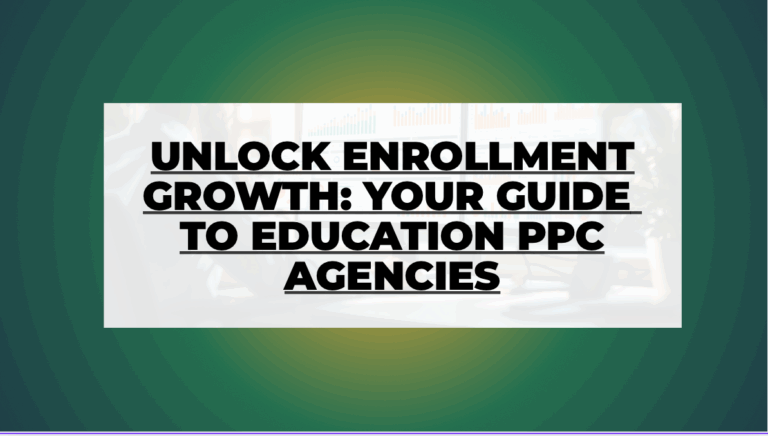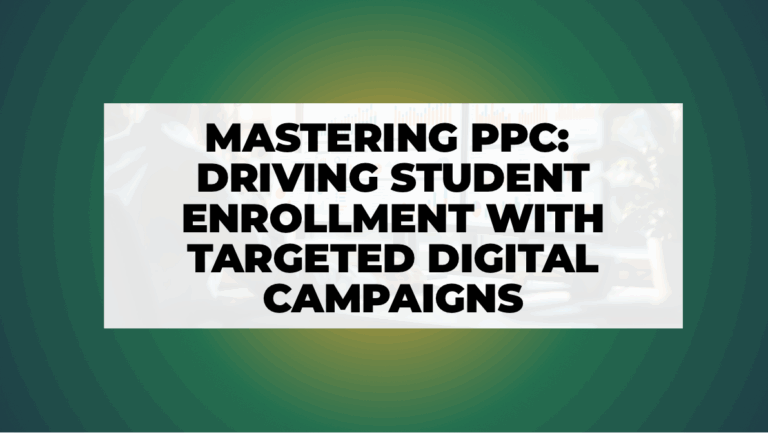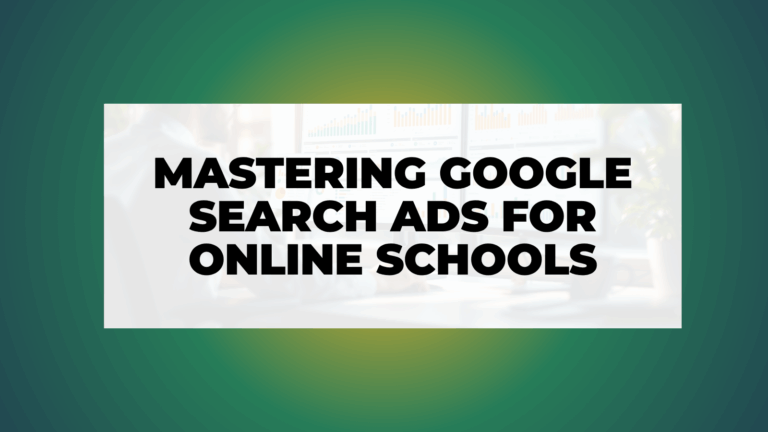If your ad ROI suddenly declines, it’s not just frustrating—it’s costly.
But here’s the good news: quickly spotting and decisively fixing the issue can help you recover lost revenue fast, and even position you to dominate long-term. Here are the five reasons dragging down your returns—and the no-nonsense strategies to turn things around.
- Broken Tracking: Privacy updates and misconfigurations are skewing your data.
- Rising Ad Costs: Competition and economic pressures are inflating your spend.
- Low Engagement: Stale ads and poor targeting are killing your click-through rates.
- Landing Page Issues: Slow, mismatched pages are sabotaging conversions.
- Over-Reliance on One Platform: Betting on a single channel is a high-risk move.
Let’s cut through the noise and get your campaigns back on track with proven tools and tactics for 2025.
1. Fixing Inaccurate Tracking
Why Your Data Is Misleading You
You’re investing heavily in ads, but your tracking is unreliable—thanks to privacy changes like iOS 14.5 and the phasing out of third-party cookies. Discrepancies between platforms like Facebook and Google Analytics 4 are common, leaving you with incomplete insights. Without accurate data, you’re making decisions in the dark which leads to declining ad roi.
How to Restore Accuracy
Take control of your tracking with these proven methods:
- Server-Side Tracking: Bypass browser limitations with Google Tag Manager’s server-side tracking. This is a methodology that allows bypass browser limitations (Apple’s intelligent tracking prevention, ad blockers, consent, and other) and uses your server events instead.
- Enhanced Conversions: Leverage hashed first-party data in Google Ads. You can enrich web conversions with your CRM data, for example, helping ad networks AI algorithm to better understand how it’s doing and help you get more conversions.
- Build a Data Warehouse: If you want to make data your competitive advantage, consider centralising all of your data (CRM, ad networks, analytics, SEO, other) in one place. This will help you bypass any platform limitations and build your own attribution model.
- Consistent UTM Parameters: Align traffic across platforms by using consistent UTM parameters. Regularly audit to ensure perfect alignment
2. Reducing Escalating Ad Costs
Why Your Costs Are Climbing
Ad prices are rising, driven by competition and economic factors which is another common reason for ad ROI drops. As Steven Dang from HawkSEM explains, “CPCs increase as more advertisers compete for the same audience”.
Industry averages range from $1.16 in ecommerce to $60.75 in legal services, and personalization demands are adding to the pressure.
How to Lower Your Spend
You don’t have to accept rising costs. Here’s how to optimize:
- Quality Score Optimization: Google and Meta reward relevance. Use tightly themed ad groups, relevant and engaging copy, auto maximize your engagement and show the platforms that your ads are worth showing more.
- AI-Driven Media Buying: Let AI handle bid optimization. Consolidate as much as you can in as little campaigns and ad groups as possible. Use themes and ad angles to guide your efforts when consolidating and remember – the more unified conversion data ad networks receive, the more consistent and scalable your campaigns will be.
- Platform Diversification: At some point you will hit diminishing returns which when identified is a good thing. Now you know that people who are already say problem aware are exposed to your offer and it’s time to go up the funnel. If you were relying on text ads or product ads (e-com), consider YouTube, or social media to grow awareness and demand among people who never heard about your brand.
3. Reviving Low Ad Engagement
Your audience is bombarded with thousands of ads daily, and repetition breeds indifference source. As Thomas Frenkiel from Funnel notes, “Overexposure makes your ads invisible” source. Declining CTRs and engagement metrics are clear signs of ad fatigue which leads to lower ad ROI as a result.
The Solution: A Structured Refresh
A proven method can reinvigorate your campaigns by focusing on a strong offer and tailored messaging. Here’s how:
- Clarify Your Offer: Pinpoint your value—like “30% better ad performance in 30 days” with unique features.
- Vary Your Messages: Create angles such as “Grow revenue by X in Y days” or “Join the Program that Helped 5,000 Business Get X More Revenue in Y days”
- Target Awareness Stages: Match messages to your audience’s journey—education for the unaware, benefits for the ready.
- Build Sharp Assets: Pair headlines with punchy descriptions like “See First Results in 30 days.”
Quick Tips:
- Collect at least 3,000 impressions/reach to make decisions.
- Update creatives based on your pace of data acquisition.
- Use your own judgement and perfjoamcne data to make decisions instead of following competitors or best practices.
Why It Works
This approach keeps ads fresh and relevant, cutting through the noise by aligning with audience needs and delivering clear value.
4. Optimizing Your Landing Pages for Conversions
Why Your Pages Are Costing You Sales
Even the best ads can’t save a poor landing page.
90% of visitors abandon pages that take 3–5 seconds to load source. Slow, inconsistent, or cluttered pages are conversion killers and one of the primary reasons you see your ad ROI decline.
How to Drive More Conversions
Turn your landing pages into high-performing assets:
- Speed Enhancements: Compress images, use a CDN, and minimize scripts. With 83% of traffic on mobile, speed is critical source.
- Message Alignment: Ensure your page delivers on your ad’s promise and creates a seamless experience. Hotjar mirrors its ad copy to build trust and improve conversions source.
- Video Integration: Add a hero video for a 50% engagement boost, a key trend in 2025 source.
Deven Bhatti from UnOptimised warns, “A subpar landing page is a revenue drain” source. Address it now.
5. Diversifying Your Ad Spend Across Platforms
Why Relying on One Platform Is Dangerous
Concentrating your budget on a single platform exposes you to unnecessary risk. Algorithm changes, account issues, or cost spikes can derail your campaigns overnight.
How to Diversify
- Diversify Channels: Brands using multiple channels achieve 73% higher ROAS compared to single-channel marketers (source).
- Experiment with New Platforms: Test emerging platforms like Connected TV, LinkedIn, or Microsoft Advertising. TikTok, for instance, offers lower CPM and higher engagement.
- Performance Based Budget Allocation: Dynamically allocate your ad spend across platforms based on ROAS for maxim impact.
Your Action Plan
Improving your ad ROIs requires consistent, data-driven action. Here’s your roadmap:
- Tracking: Implement server-side tagging, enhanced conversions, or consider building a data warehouse to ensure long-term accuracy.
- Costs: Optimize Quality Scores and explore other platforms.
- Engagement: Refresh creatives with your customers in mind and use data for decision-making.
- Landing Pages: Prioritize speed, align messaging with ads, and integrate videos.
- Diversification: Expand to upper funnel platforms to get more people consider your brand.
Optimization Schedule:
| Timeframe | Task | Outcome |
|---|---|---|
| Weekly | Monitor performance metrics | Identify issues early |
| Monthly | Reallocate budgets based on ROAS | Maximize spend efficiency |
| Quarterly | Audit tracking systems | Maintain data integrity |
| Annually | Evaluate new platform opportunities | Stay ahead of trends |
Stop letting your ad spend go to waste. Implement these strategies, optimize your campaigns, and start seeing better returns.



